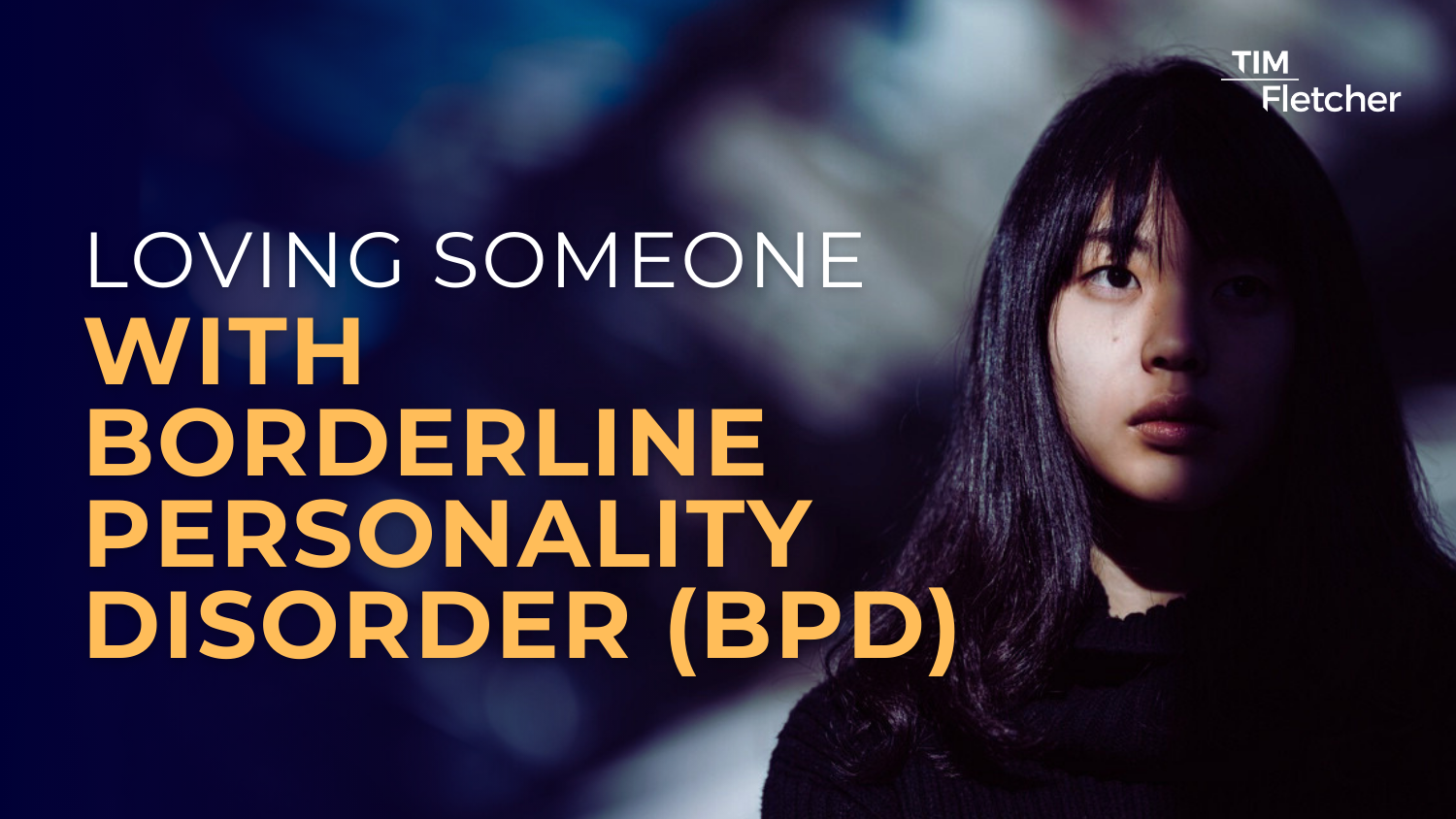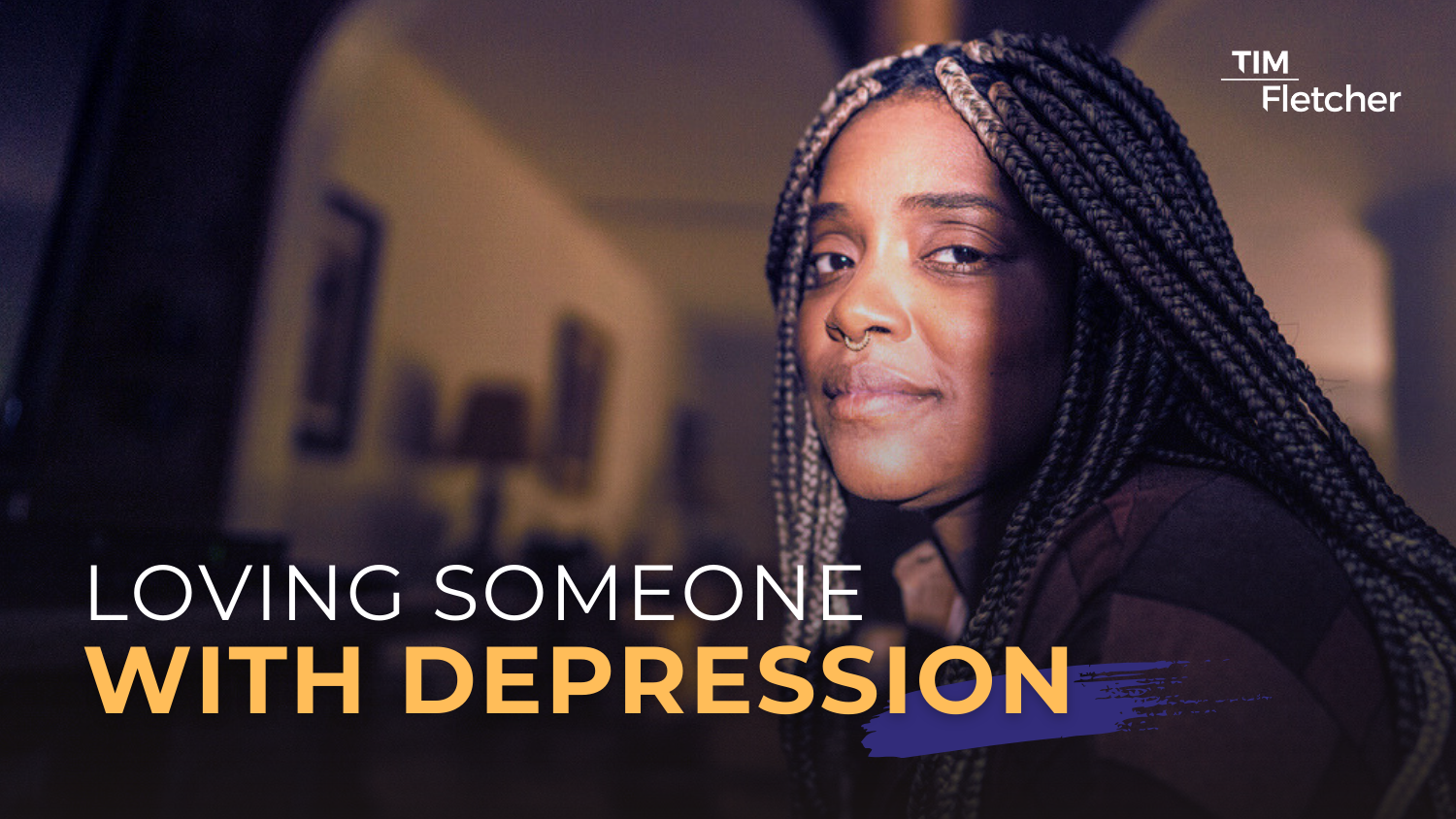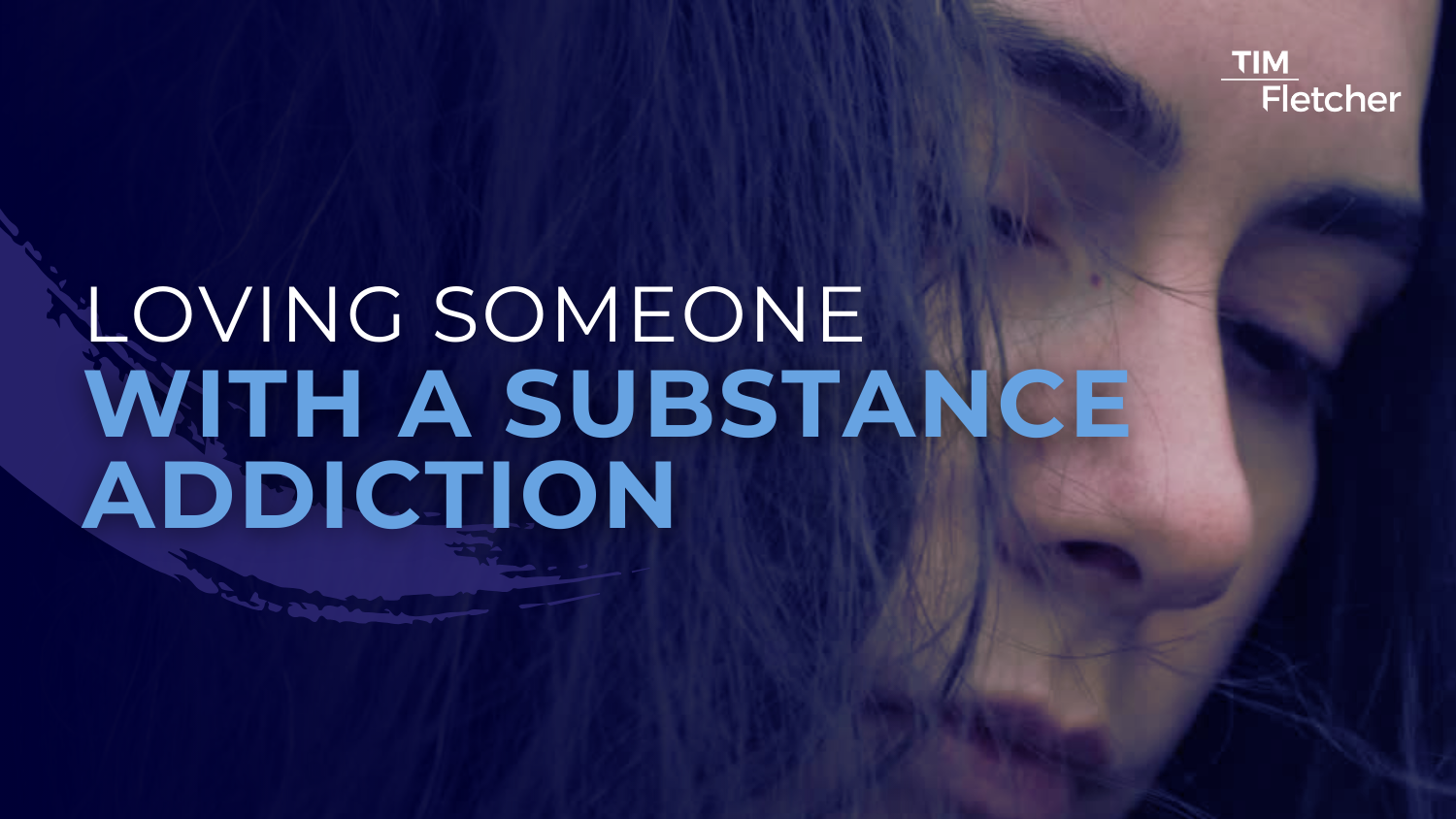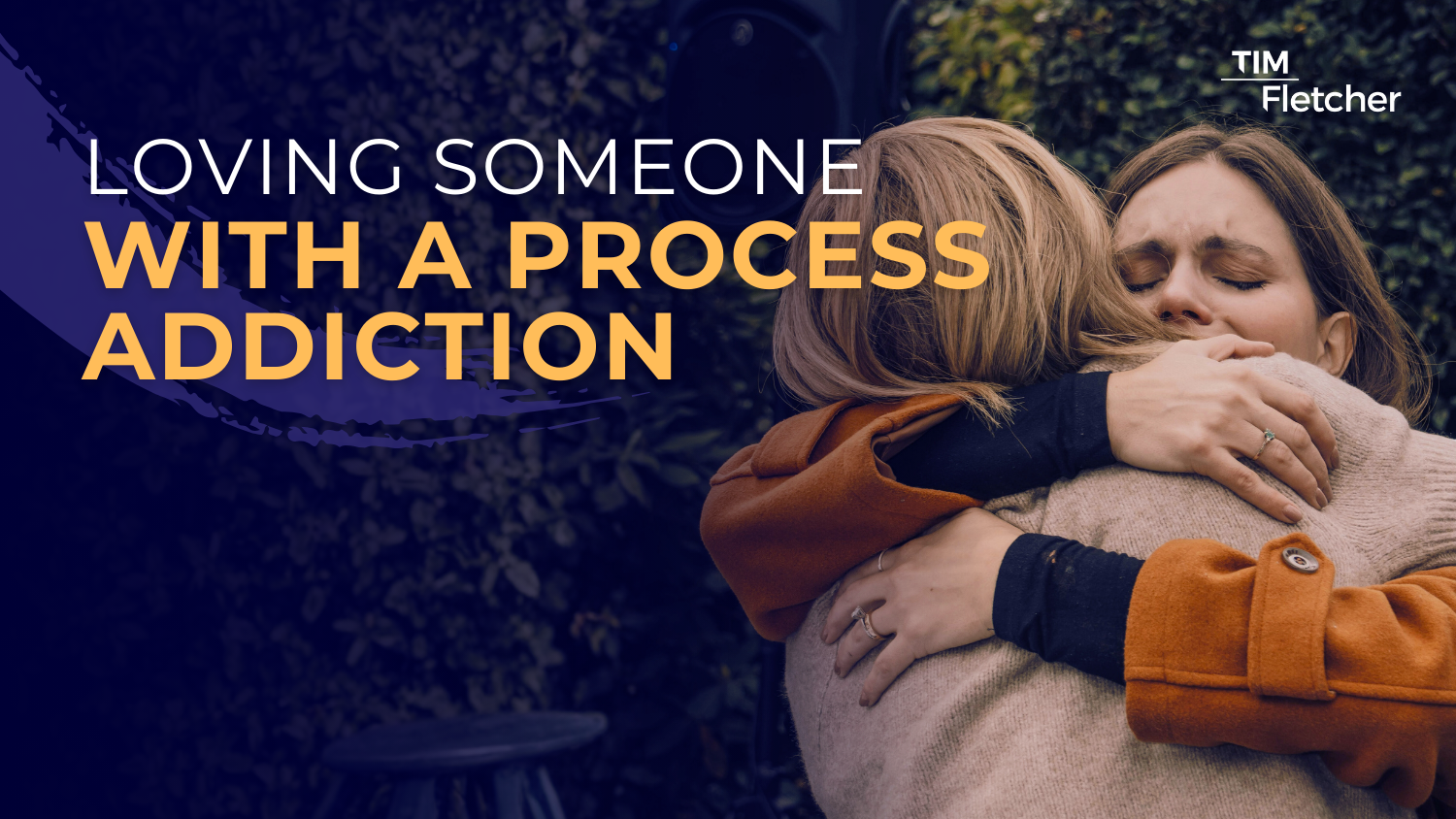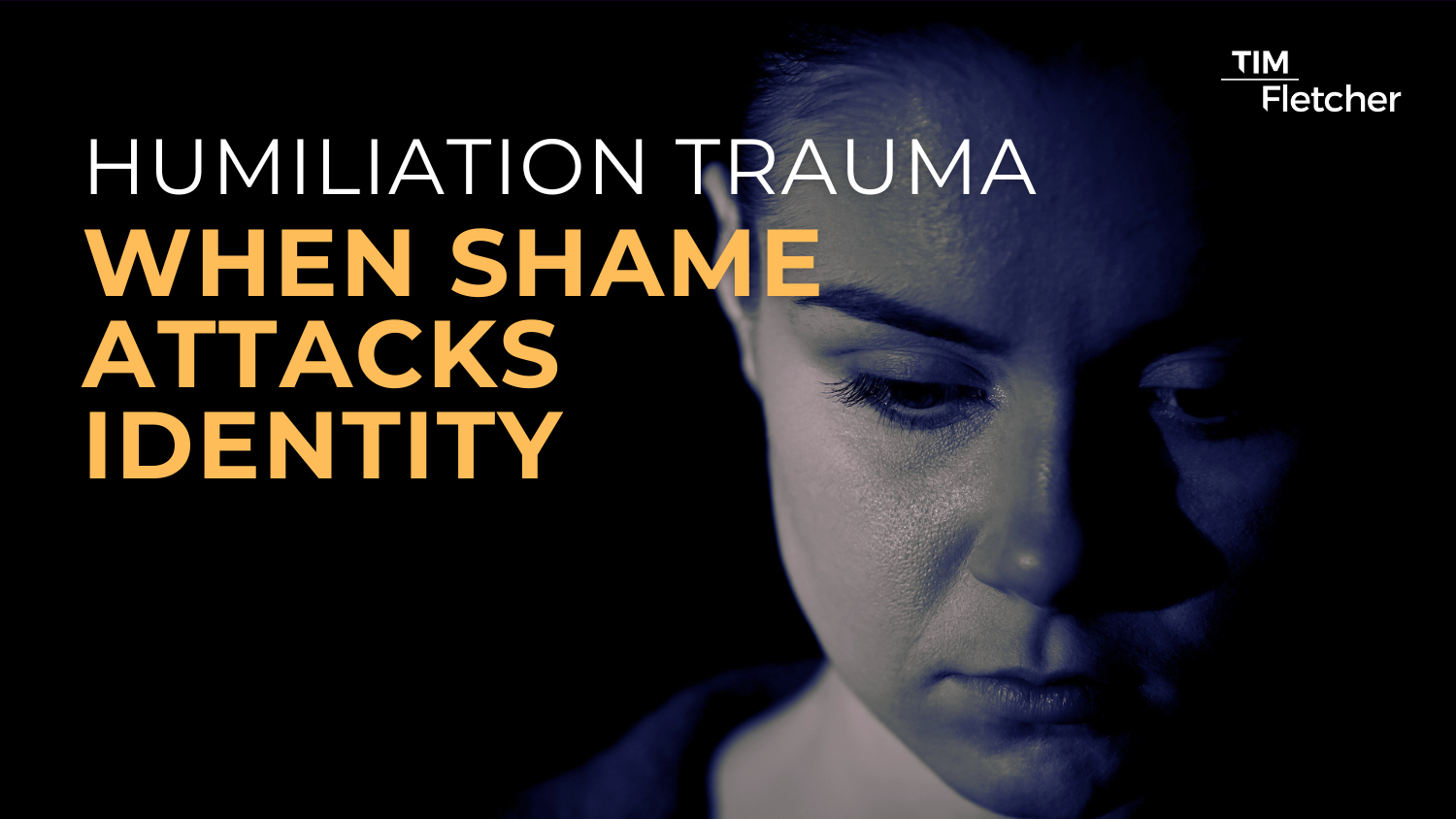Why You Can’t Let Go of the Past: The Hidden Grips of Trauma and How to Break Free
Do you ever feel like your past has invisible hooks in you? No matter how much you want to move forward, something keeps pulling you back to old habits, toxic relationships, or self-sabotaging thoughts. This isn't a personal failing - it's science. For those who experienced complex trauma (repeated childhood neglect, emotional abandonment, or abuse), the past isn't just history. It's a survival manual your nervous system still follows religiously.
In this segment from Tim's Re-Parenting series, he talks about the many reasons why it can be hard to let go of your past, and how challenging it can be to let go of the lies we've learned to believe about ourselves. Watch the video here
The good news? You can rewrite that manual. Let's explore why letting go feels impossible and how to do it with compassion for yourself.
The Unhealthy Connections: Why We Cling to What Hurts Us
Children are biologically wired to attach at all costs - even to abusive or neglectful caregivers. When healthy connection fails, the brain finds substitutes that mimic safety:
- The perfectionist who thinks "If I'm flawless, I'll finally be loved"
- The rebel who learns "Bad attention is better than no attention"
- The people-pleaser who believes "I must earn my right to exist"
Example: Sarah grew up with an alcoholic parent. As a child, she survived by becoming hyper-independent ("I don't need anyone"). Now at 35, her marriage is crumbling because she can't let her husband in. Her brain still equates vulnerability with danger.
Key Insight: These aren't choices - they're ingenious adaptations that kept you alive. The first step to change isn't shame; it's saying "This worked then. What works now?"
The Coping Mechanisms That Outlived Their Use
Complex trauma forces children to develop survival roles that often backfire in adulthood:
The Caretaker: "I'll fix others so they'll stay" → Burns out in one-sided relationships
The Achiever: "My worth = my productivity" → Chronic exhaustion and emptiness
The Ghost: "If I'm invisible, I can't get hurt" → Struggles with intimacy
Real Talk: Letting go of these roles feels terrifying because somewhere inside, a part of you whispers "But this is who I am." Healing begins when we realize: These are things you did to survive - not who you are at your core.
The Lies Trauma Told You That You Mistook for Truth
Complex trauma plants beliefs that feel like absolute truth:
"I'm too much and not enough at the same time"
"Trust no one - they'll always disappoint you"
"My needs are a burden to others"
These aren't personality traits - they're neurological programs from a time when they kept you safe.
Example: Mark believes "Anger makes me unlovable" because his explosive father punished any disagreement. Now at work, he stays silent when mistreated until he suddenly quits jobs in rage. His healing began when he learned: Healthy anger sets boundaries - it doesn't make you bad.
How to Actually Let Go (Without Losing Yourself)
1. Name What You're Releasing
Instead of "I need to stop people-pleasing," try "I'm letting go of the belief that I must earn love through service."
2. Replace, Don't Just Remove
Swap unhealthy coping for nourishing alternatives:
Instead of binge-watching to numb out → Try a 10-minute body scan meditation
Instead of overworking for validation → Practice doing nothing for 5 minutes daily
3. Rewire With New Experiences
Therapy modalities like EMDR or IFS can help update your nervous system's outdated software. Support groups provide corrective experiences of healthy belonging.
Letting go isn't about willpower - it's about updating your survival manual with new, more accurate information: You're safe now. You're enough as you are. Healthy connection is possible.
Your Turn: What's one small thing you're ready to release this week? Not the whole pattern - just one situation where you'll try a new response?
Additional Resources to Support Your Journey
You don’t have to navigate this path alone. Explore these resources designed to support and empower you:
- ALIGN Courses: Practical, self-paced, trauma-informed tools to help you navigate recovery with clarity and confidence.
- Article: Read “Do I Have Complex Trauma?” for actionable insights into overcoming trauma’s long-lasting effects.
Healing is a journey of self-discovery and empowerment. You don’t have to walk it alone. Let’s take the first step together


















